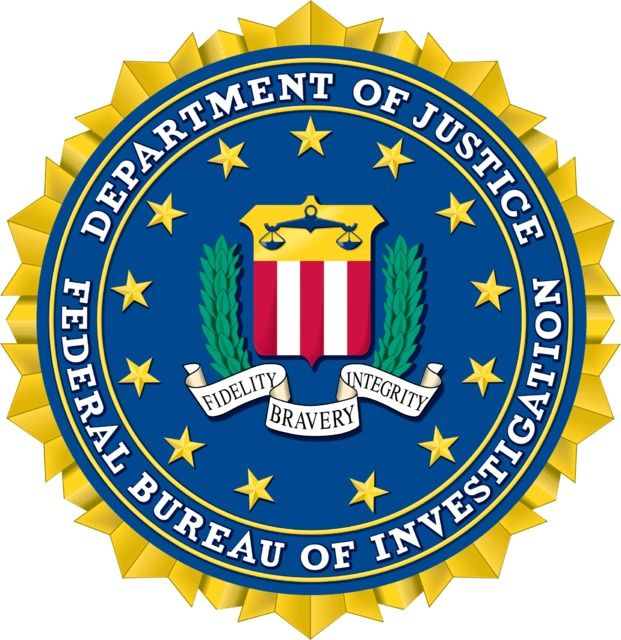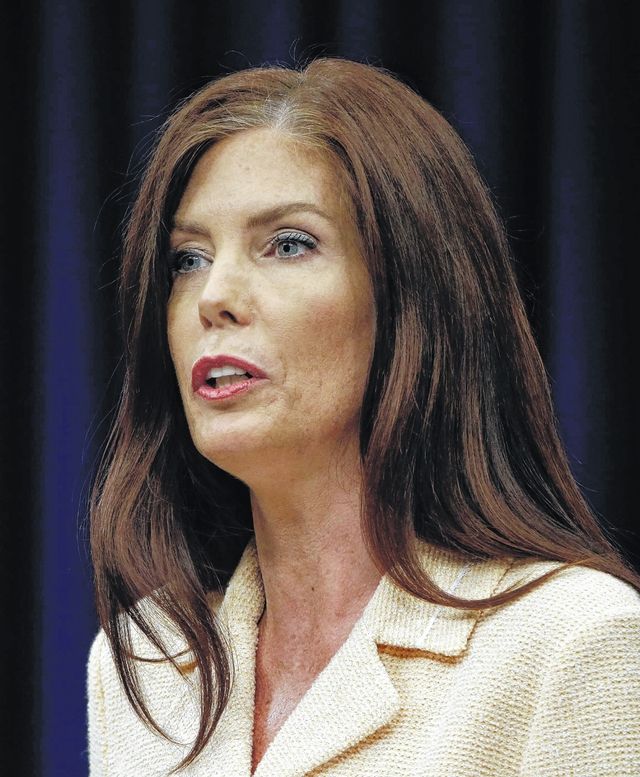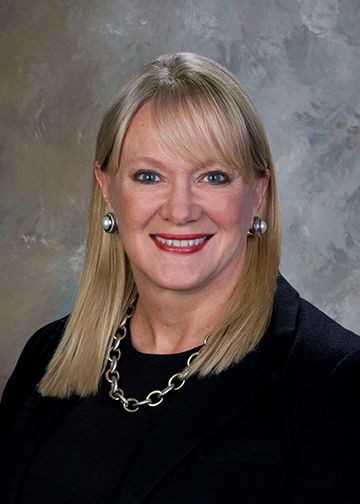Click here to subscribe today or Login.
WILKES-BARRE — During a presentation last week with social services providers at Philadelphia’s Center in the Park, state Secretary of Banking and Securities Robin L. Wiessmann announced the release of a new tool that will assist professionals working with senior citizens, retirement communities, and others in preventint the spread of elder financial abuse.
“As Pennsylvania’s population grows older, more of our senior citizens are at risk of having their hard-earned retirement savings stolen,” Wiessmann said. “Gov. Wolf and I believe we need to do more to help those who work with our senior citizens identify signs of and prevent elder financial abuse. In our technological and financially complex age, financial abuse, fraud and hoaxes have become the ‘Crime of the 21st Century.’”
Through the PA Investor Education Facebook, the department will begin to promote “Investment Fraud Bingo” through a video presentation produced in cooperation with AARP Pennsylvania and the Investor Protection Trust. The video was shot during the playing of Investment Fraud Bingo at Garden Spot Village in New Holland, featuring testimony of several participants and commentary by Mary Bach, Chair of the AARP Consumer Issues Task Force.
Gov. Wolf’s Consumer Financial Protection Initiative, announced last November, focuses on four issues, including providing educational programming to help senior citizens protect their retirements.
The Department of Banking and Securities Investor Education and Consumer Outreach Office can accommodate groups of 15 or more for Investment Fraud Bingo free of charge to the sponsoring group. Interested parties can call 717-783-4247 or email [email protected] for more information. Information on the department’s educational presentations can be found online at www.dobs.pa.gov.
FBI again warns of phone scam
looking for immediate payment
The Philadelphia Division of the FBI is again warning the public to be on alert for a phone scam that spoofs, or fraudulently displays, the FBI’s name and telephone number on the recipient’s caller ID.
According to Carrie Adamowski, FBI Philadelphia Division public affairs specialist, FBI field offices across the country have received reports of similar calls, showing local FBI phone numbers.
The caller claims to be an FBI agent and demands immediate payment — for school loans, back taxes, even parking tickets. The caller often knows the name, background and personal cell phone number of the intended victim.
International students have also been targeted. The caller claims there are problems with the visitor’s financial aid and/or student visa and threatens deportation if payment is not made.
Adamowski said the FBI does not call or e-mail people to demand money or threaten arrest.
To avoid becoming the victim of a scam:
• Always be suspicious of unsolicited phone calls.
• Never give money or personal information to someone with whom you don’t have ties and did not initiate contact.
• Trust your instincts. If an unknown caller makes you uncomfortable or says things that don’t sound right, hang up.
Victims of phone or online scams can file a complaint with the FBI’s Internet Crime Complaint Center at www.IC3.gov.
State Attorney General warns
of lottery and sweepstakes scams
Pennsylvania Attorney General Kathleen G. Kane is warning consumers to be cautious of lottery and sweepstakes scams.
Recently, the Attorney General’s office has received several complaints from consumers regarding such scam calls.
“Commonwealth residents should remember that lottery officials will never ask for personal bank information or require a fee to be paid to claim a prize,” Attorney General Kane said. “It is extremely important to safeguard your personal financial information.”
Lottery and sweepstakes scams can take multiple forms. In one popular scam, victims are asked to pay money in order to receive a prize they have purportedly won. In another scenario, scammers state that consumers will be sent a check. They are instructed to cash the check and send back a portion of the money for fees. The checks in these scams are fraudulent, often times bouncing and leaving consumers on the hook for the money related to the fees.
The following are tips and reminders from the Attorney General’s Bureau of Consumer Protection designed to help consumers avoid falling victim to lottery or sweepstakes scams.
• Never give out personal information (bank account, address, phone number, Social Security number, etc.) to strangers.
• Be suspicious of anyone stating you have won something — especially if you do not remember entering a contest.
• It is against the law to buy foreign lottery tickets by phone or mail.
• Legitimate lotteries will not require money to be paid prior to claiming a prize.
• If you are a victim, file a detailed report with your local police department or the Attorney General’s Bureau of Consumer Protection.
Consumers with questions or those who feel they have been victimized may file a complaint with the Attorney General’s Bureau of Consumer Protection by visiting www.attorneygeneral.gov. The Bureau is also available by phone at 800-441-2555 or by email at [email protected].
Senate approves Scavello
bill boosting littering fines
Legislation sponsored by Senator Mario Scavello, R-Monroe County, to increase fines for littering has been approved by the Senate.
Currently, fines for littering under Title 18 (Crimes and Offenses) run from $50 to $300 for a first-time offense, and $300 to $1,000 for a second and subsequent offense. Senate Bill 973 boosts fines up to $2,000 for multiple offenses based on the size of weight and cubic feet of litter.
This legislation will also increase the littering fines outlined in Title 75 (Vehicles) with heavier penalties for littering from vehicles on highways, properties and water, including in an agriculture security area.
“I believe the current fine system is not a proper deterrent for this crime,” said Scavello. “The amount of trash along roadways and elsewhere is not just aesthetically unpleasant; it’s bad for the environment.”
The measure now goes to the House of Representatives for consideration.
Department of State corrects clerical error
in number of voters who have changed parties
The Pennsylvania Department of State has issued revised numbers of voters who have changed parties in the run up to the Primary Election due to a clerical error made in the process of updating a public dataset.
From Jan. 1 to April 3, 2016:
• 60,222 voters changed their party affiliation to Democrat
• 89,234 changed to Republican
• 9,573 changed to “other.”
The updated numbers are available on dos.pa.gov and are likely to change as counties continue to process new registrations and updates.
The dataset in question is created manually by a Department of State contractor. Due to inadequate capabilities in the voter database software, it cannot be automatically generated. Last weekend, Department of State professionals reviewed all the data and corrected all errors. The department is in the process of reviewing all datasets to ensure their accuracy.
“It came to our attention that the numbers we received from the contractors about voters switching party affiliation included figures from 2015. As soon as we learned that was the case, we took immediate action, reviewed all current and historical datasets and the numbers have now been corrected,” Secretary of State Pedro A. Cortés said. “Unfortunately, due to the way our database was created in 2006, some datasets are updated manually which increases the margin of human error as happened in this case.”
The department has reviewed and enhanced its existing quality assurance process. The data now will go through various layers of review. The errors were made by a contractor after data was reported out of the voter database and the department is confident the integrity of voting data in the system is not responsible for the error or at all in question.
Counties have until April 18 to certify precincts level voter registration totals.








